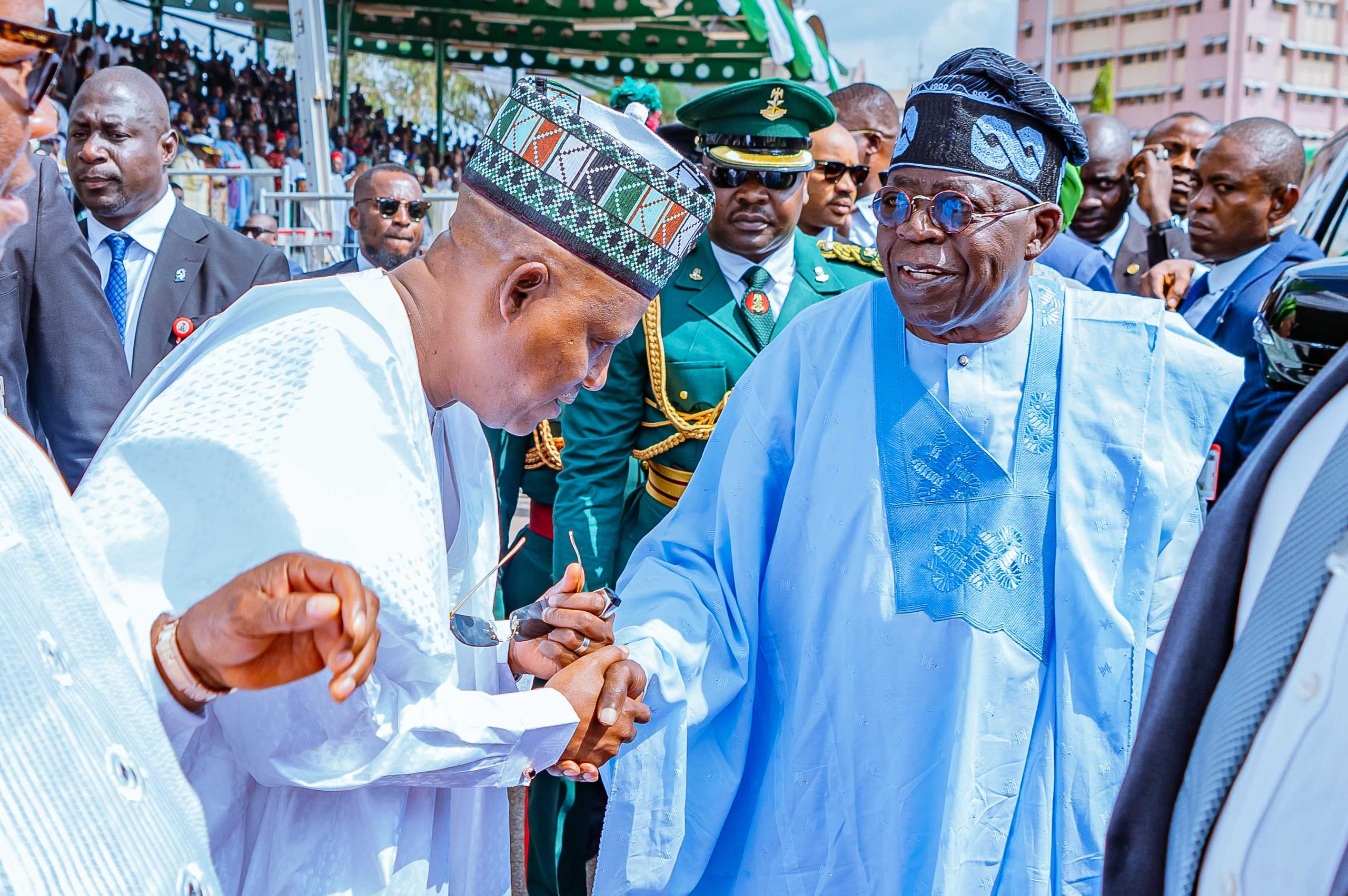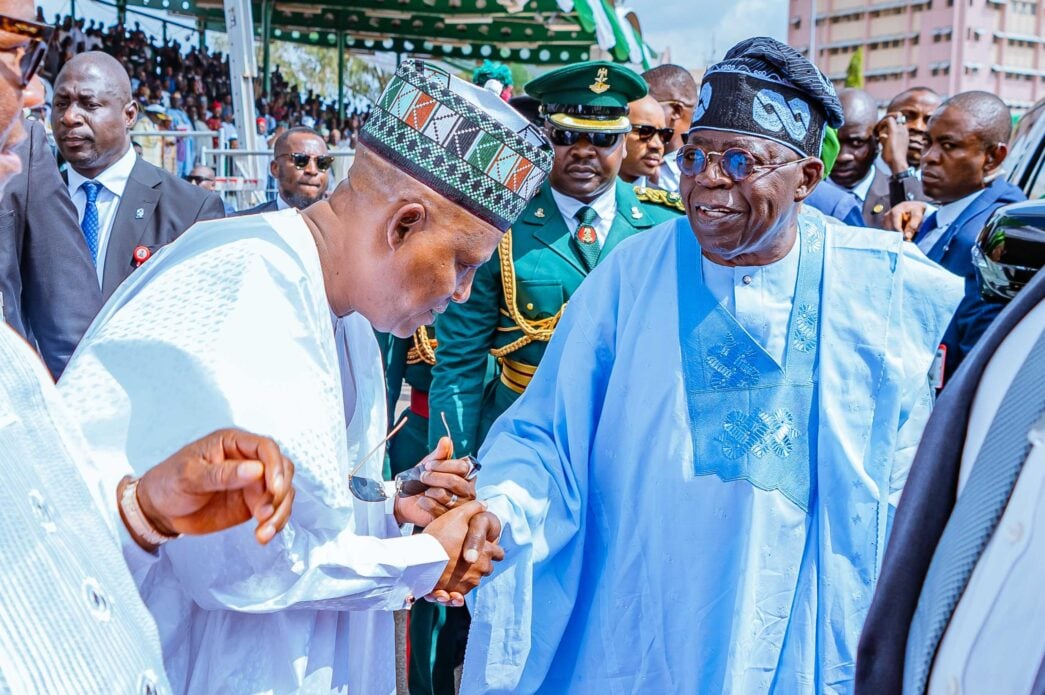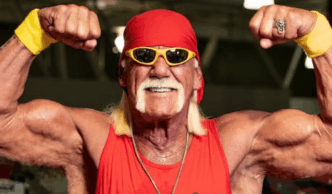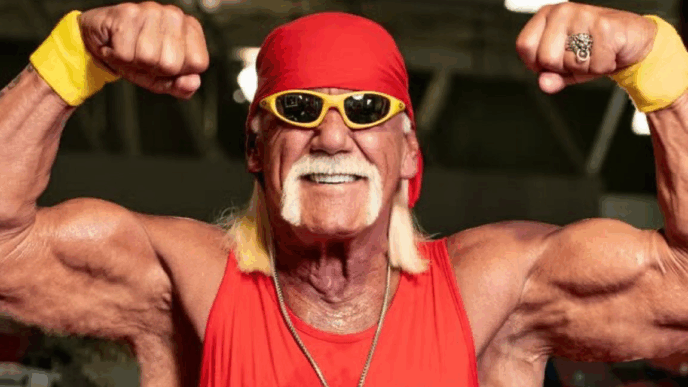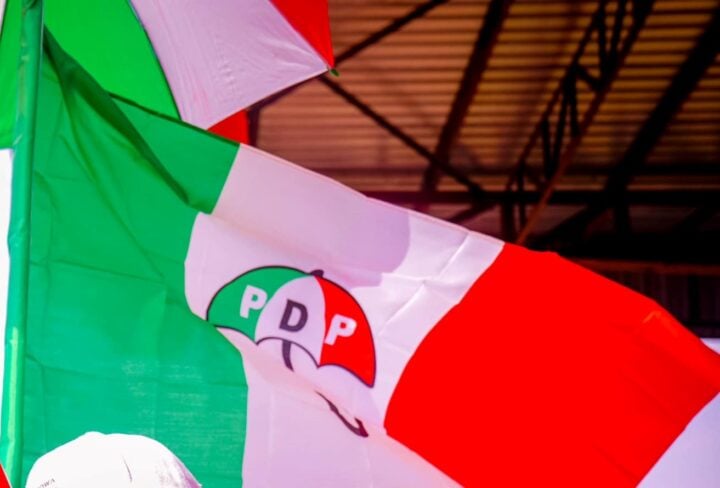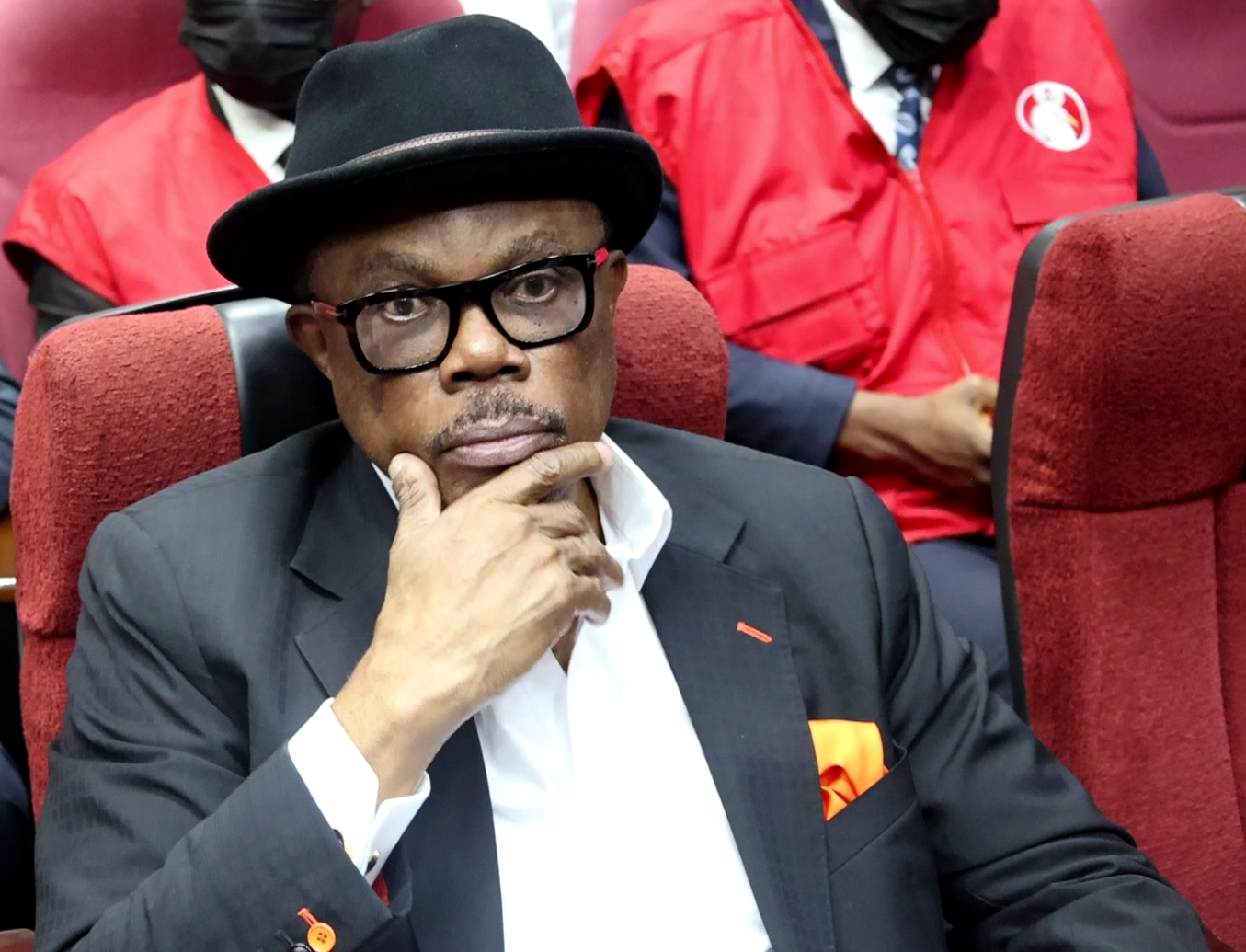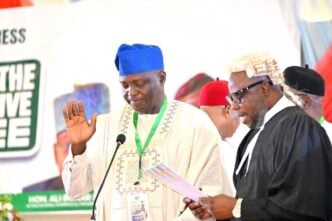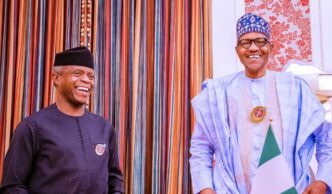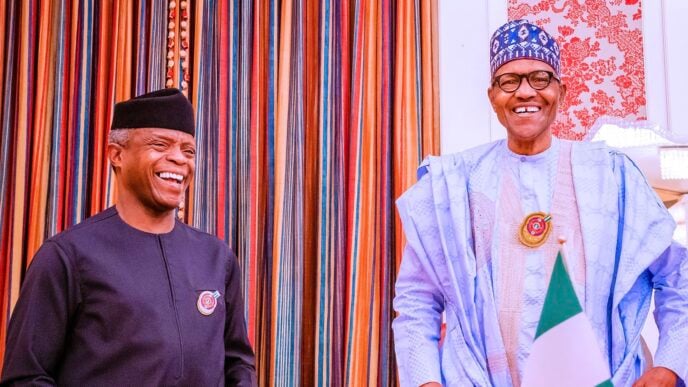Vice-President Kashim Shettima says President Bola Tinubu resisted pressure from cabals in the oil sector, following the removal of petrol subsidy.
Shettima spoke on Wednesday when the newly elected executives of the Nigerian Association of Chambers of Commerce, Industry, Mines and Agriculture (NACCIMA) visited the presidential villa.
The delegation was led by Jani Ibrahim, NACCIMA’s national president, according to a statement by Stanley Nkwocha, the vice-president’s spokesperson.
During the meeting, Shettima said the decision to cancel the subsidy was long overdue, describing it as a burden previous governments could not confront.
Advertisement
“I want to assure you that the current administration is your own because the President speaks your language – the language of commerce,” he said.
“He grew up in that ecosystem; he knows how businesses are run. He was the financial controller of Mobil.
“And he (the President) has taken some bold initiatives. For instance, while fuel subsidy had been an albatross around the neck of successive administrations, he had the courage and the conviction to withdraw fuel subsidy.
Advertisement
“And we know the consequence of unveiling a masquerade. The oil cabal is richer than the Nigerian nation; they fought back, but he (President Tinubu) refused to budge.”
Shettima said Tinubu stood his ground because what he did was in the “best interest of Nigerians”.
The vice-president reaffirmed the administration’s pro-business stance, saying the private sector remains a critical partner in achieving national development.
“This is how great nations build; this is how Korea became what it is,” he said.
Advertisement
On his part, Ibrahim said he became NACCIMA president and chairman of the organised private sector (OPS) a month ago.
He noted that Shettima’s leadership of key national economic institutions such as the national economic council (NEC), National Council on Privatisation (NCP), Bureau of Public Enterprises (BPE), and the Presidential Enabling Business Environment Council (PEBEC) is commendable.
The NACCIMA president called for regular consultations between the OPS and the vice-president’s office, including bi-annual sessions.
Ibrahim also advocated for private sector representation on key government technical and policy councils.
Advertisement
On May 29, President Bola Tinubu announced the end of the petrol subsidy.
Three months later, TheCable reported that Tinubu was considering a “temporary subsidy” on petrol as crude oil prices and foreign exchange (FX) rates soared.
Although the federal government consistently denied the return of petrol subsidy, the Nigerian National Petroleum Company (NNPC) Limited, on August 19, said the government owed it N7.8 trillion for under-recovery.
Advertisement
Nigeria fully exited subsidy payments in October 2024 when the government deregulated the downstream sector, with the petrol pump price crossing N1,000 at NNPC’s retail outlet, reflecting market prices.
Advertisement
